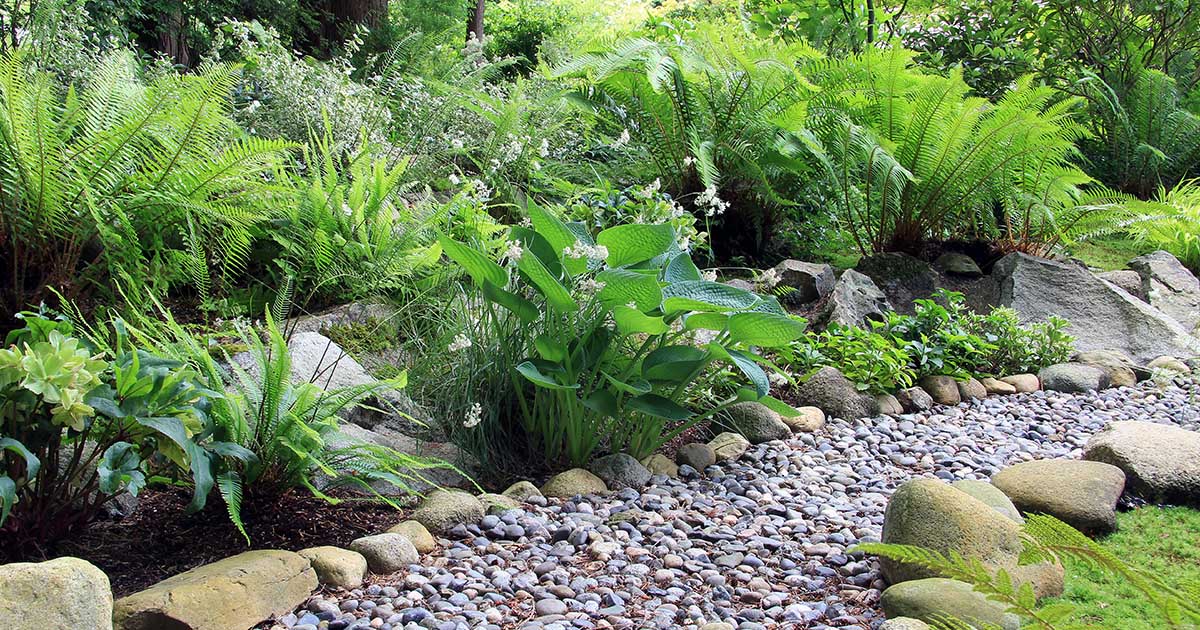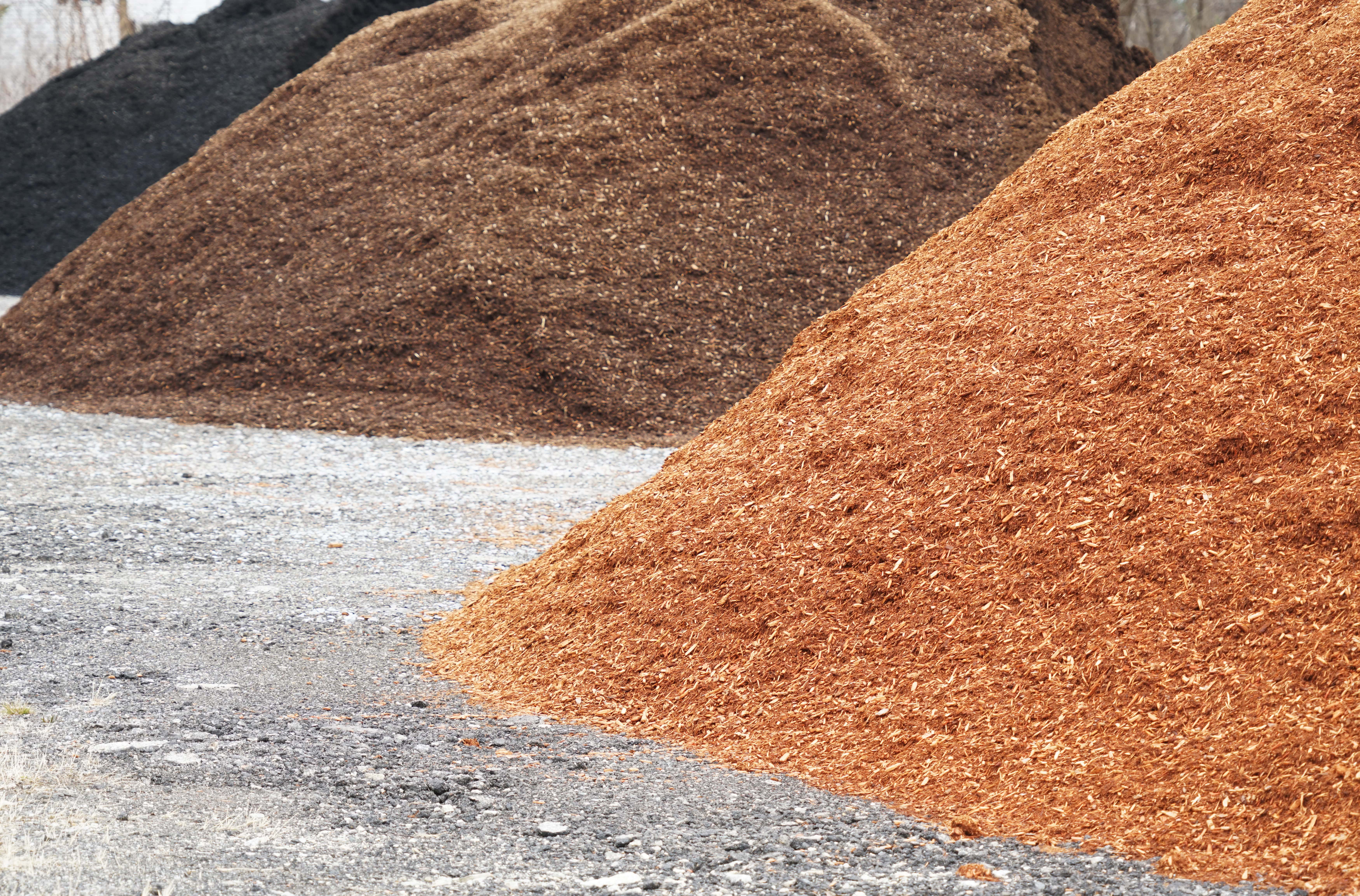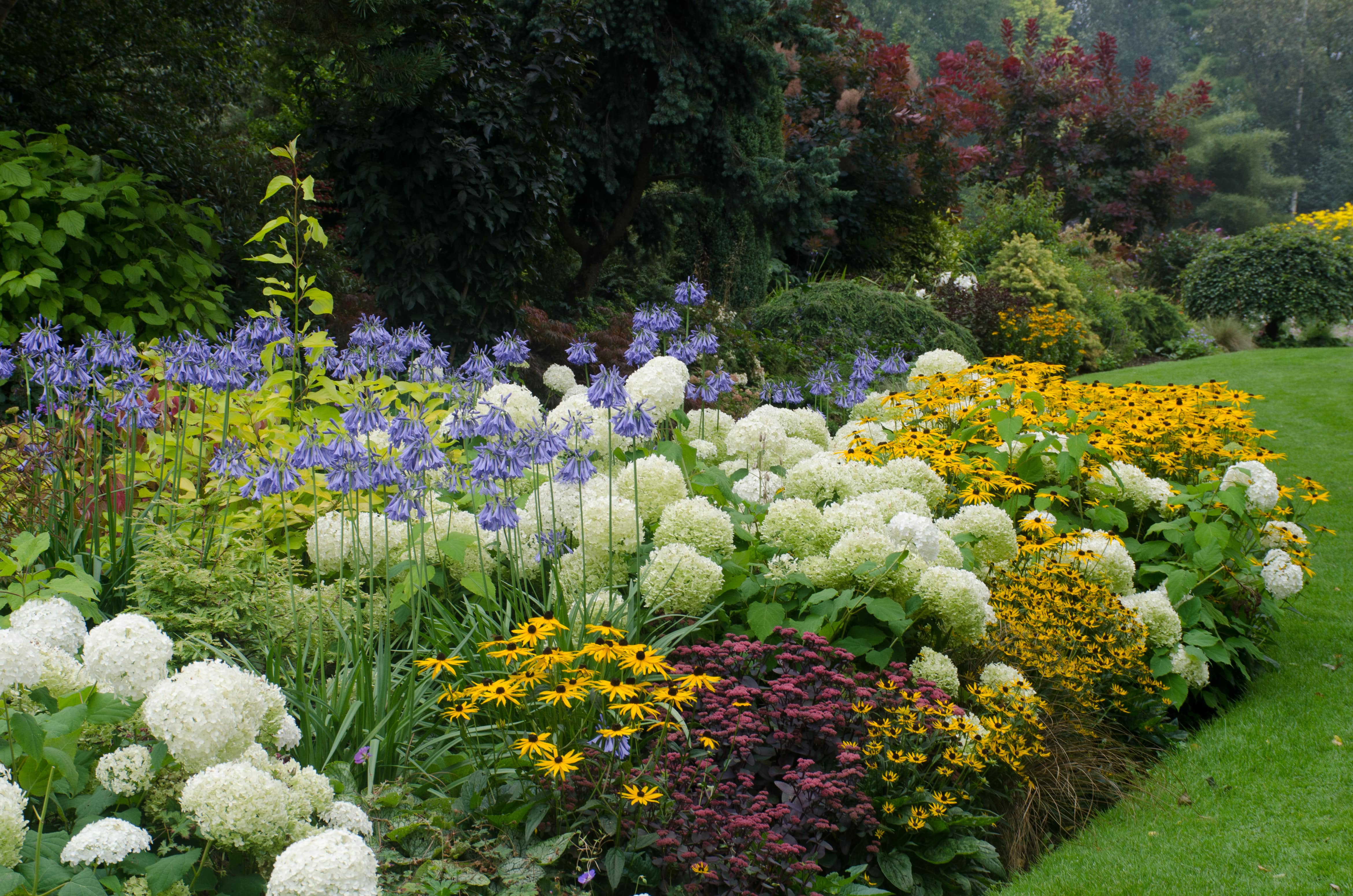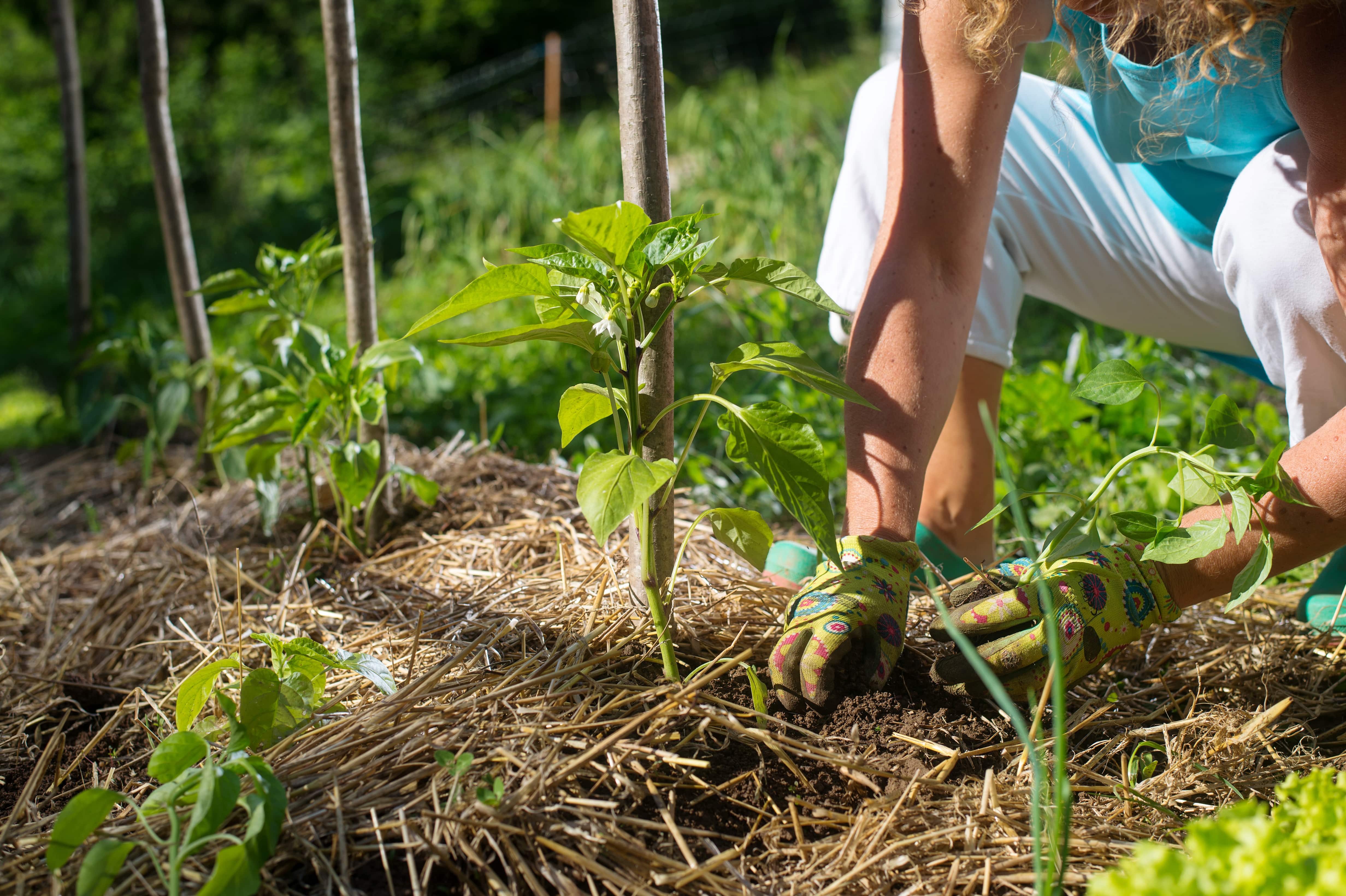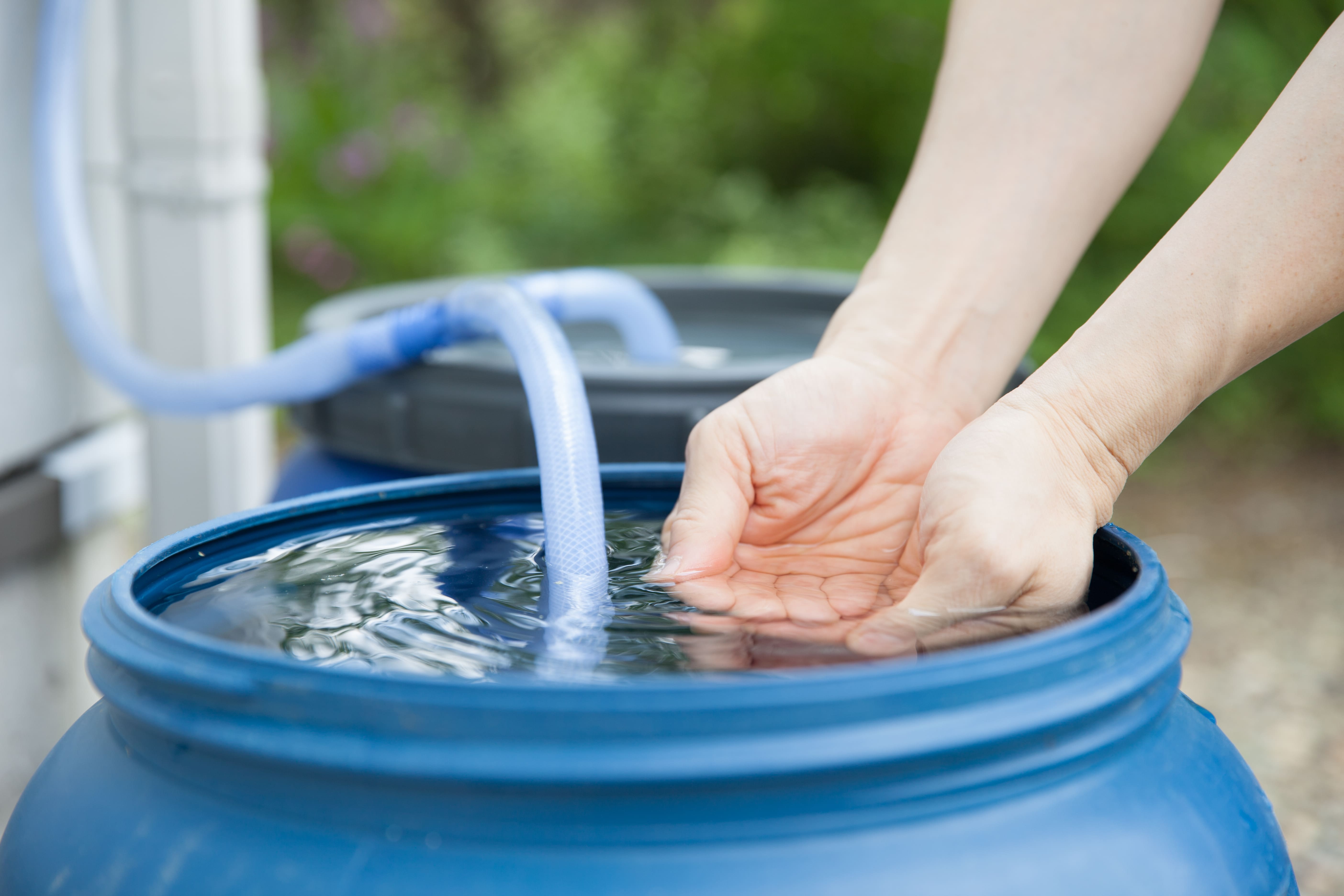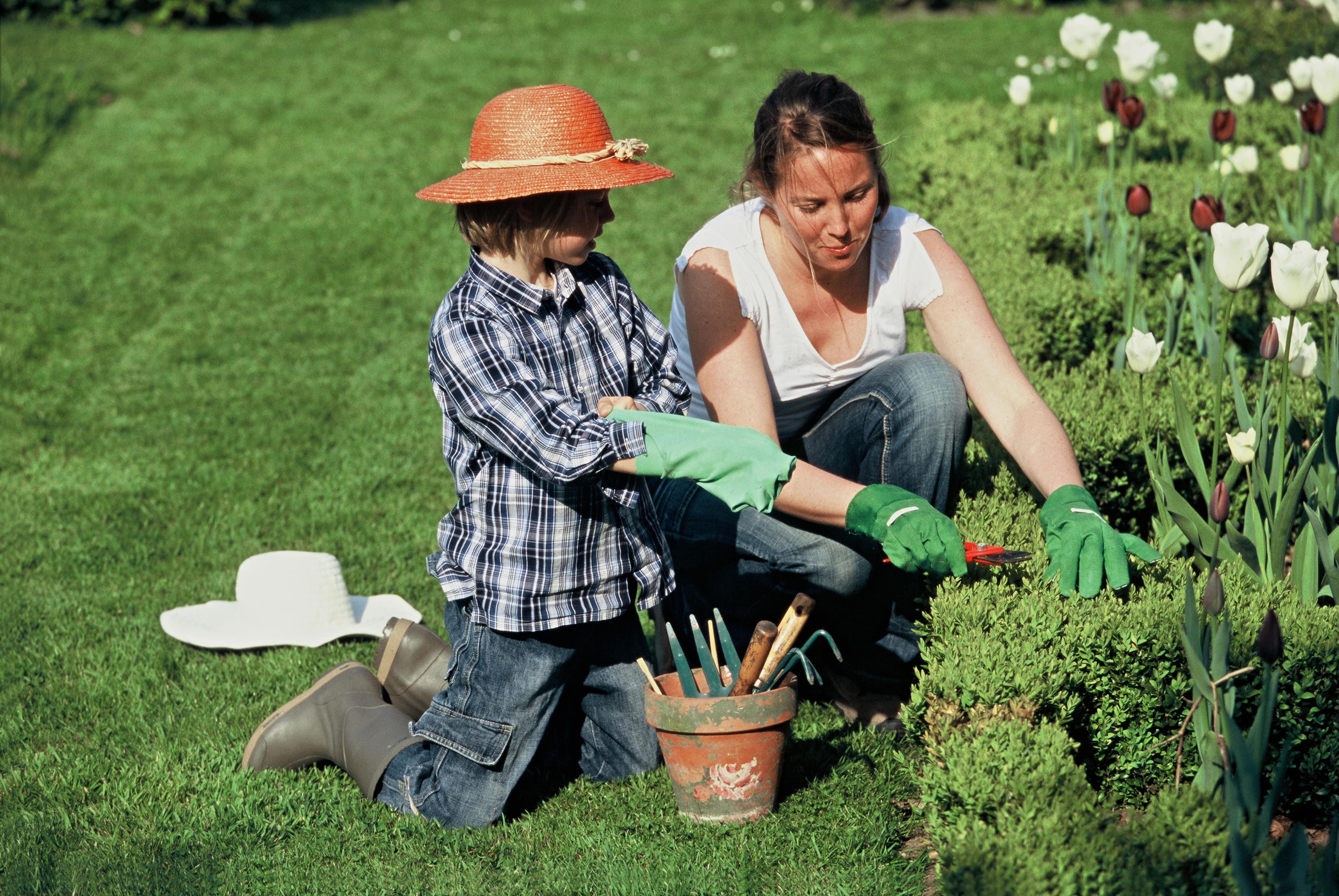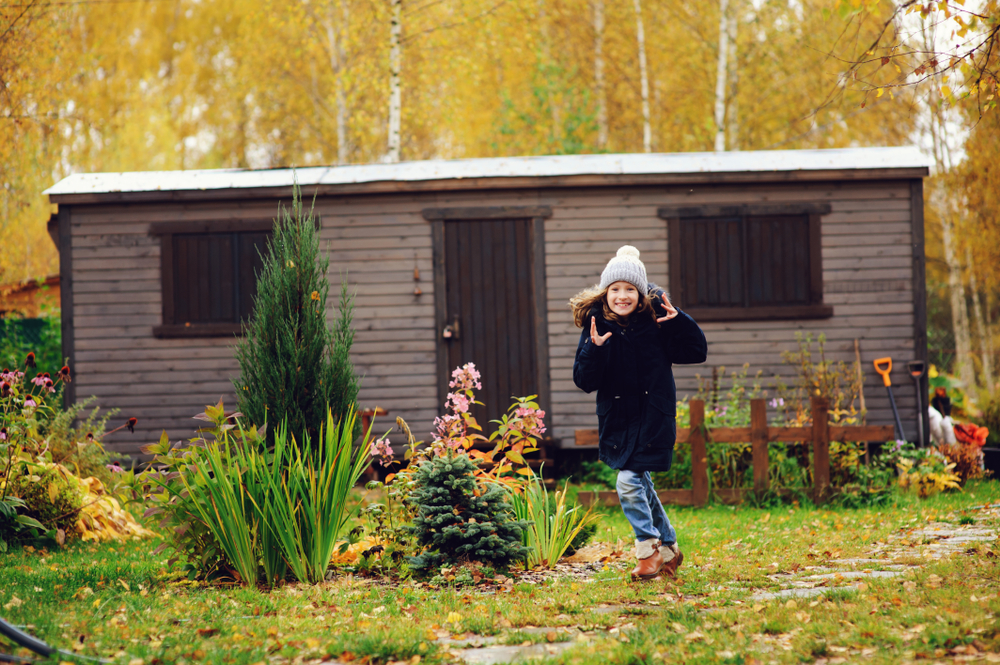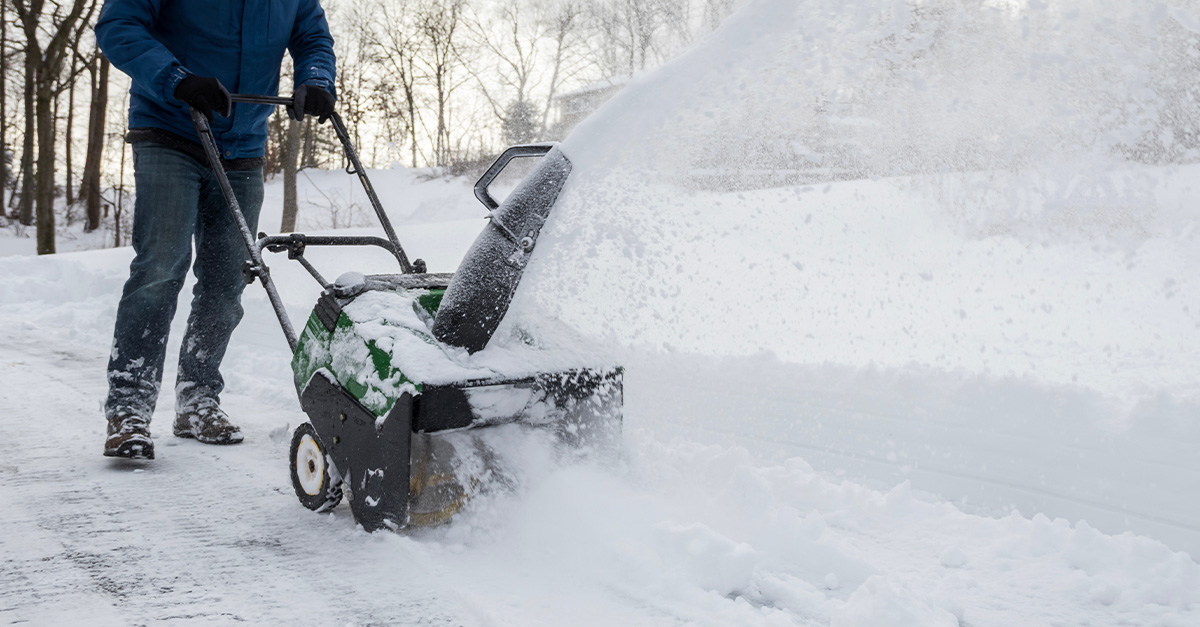8 Costly Landscaping Mistakes Homeowners Make
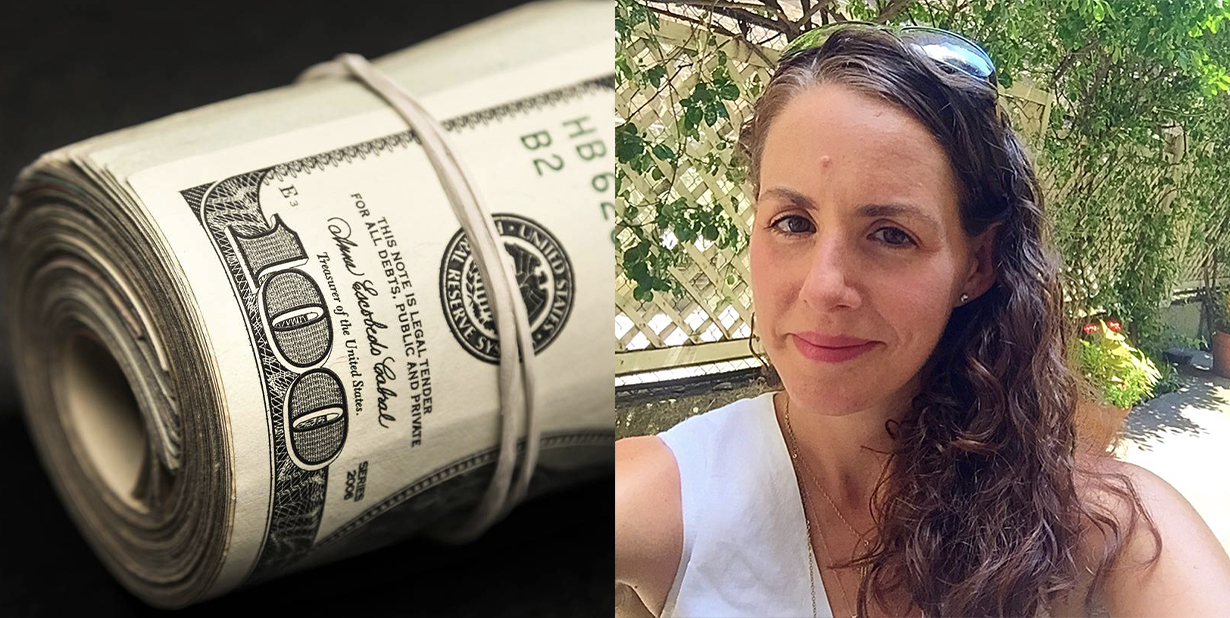
Transforming your yard into a vibrant, attractive landscape doesn't need to drain your wallet.
With some savvy planning and smart choices, you can create an enchanting outdoor space while sticking to your budget.
This article highlights the biggest mistakes homeowners make when landscaping their home, while also providing money-saving tips that blend aesthetics and affordability.
Landscaping Mistake #1: Lack of Planning
The best way to save money on landscaping is to have a well-thought-out plan before you begin. This strategy reduces the time, effort, and money wasted on plants that won't survive.
- Draw Out Your Plan: Begin by sketching out a rough blueprint of your yard. Include the house, driveway, walkways, and other fixed elements, then designate areas for different plants, trees, or garden features. Consider the size, shape, and growth habits of the plants you want to use.
- Consider the Local Climate and Soil: Before you start buying plants, it's essential to understand the specific conditions of your yard. Is it more shady or sunny? Is the soil sandy, clayey, or loamy? The answers will guide you in choosing the right plants that will thrive in your yard.
- Start Small: Resist the urge to overhaul your entire yard at once. It's easier and less overwhelming to focus on one section at a time. This approach also allows for better budget control and enables you to learn and adapt as you progress with the project.
Landscaping Mistake #2: Choosing the Wrong Plants
Opt for native plants—they're adapted to the local climate and soil, making them more likely to thrive with less care.
They typically require less watering and are more resistant to local pests and diseases, which means less money spent on water and plant protection products.
In addition to being cost-effective, the benefits of choosing native plants for your landscaping needs also include:
- Low Maintenance: Native plants are essentially "home-grown", meaning they've naturally adapted to the region's climate, soil, and other environmental conditions.
- Reduced Water Usage: Because they're adapted to your area's rainfall patterns and temperatures, native plants generally require less supplemental watering once they're established.
- Pest and Disease Resistance: Native plants have evolved to coexist with the local wildlife, including insects and microorganisms, making them more resistant to local pests and diseases.
- Support of Local Ecosystems: Going native also means supporting local birds, insects, and other wildlife. Native plants often provide better habitats and food for wildlife than non-natives, which can help local species thrive and create a more vibrant ecosystem in your garden.
Landscaping Mistake #3: Buying in Small Quantities
Whether you're purchasing soil, mulch, or stones, buying in bulk is usually cheaper than buying in small quantities. Coordinate with your neighbors and consider a bulk purchase together to enjoy even more savings.
There are several places to consider buying bulk garden supplies:
- Local Nurseries or Garden Centers: They often carry a wide variety of bulk products, from soil and compost to mulch and gravel. Many also offer delivery services.
- Home Improvement Stores: Chains like Lowe's, Home Depot, or Menard's frequently sell bagged garden products in bulk, though the selection might be limited compared to a dedicated garden center.
- Online Retailers: Websites like Amazon and eBay offer bulk gardening supplies. You can also check out dedicated gardening sites like Uline or Gardener's Supply Company.
- Landscape Supply Companies: These businesses primarily serve professionals in the landscaping industry but are usually open to the public as well. They tend to offer the broadest selection of bulk products, and their prices can be very competitive.
Remember, it's always a good idea to call ahead and verify availability, especially if you're after a specific product.
Landscaping Mistake #4: Buying Annuals
Perennials may cost more upfront than annuals, but they're a good investment because they come back year after year. They also often propagate themselves, so you can divide mature plants to get new ones for free.
Here are three perennial plants that are known for their hardiness and attractiveness:
- Black-Eyed Susan (Rudbeckia hirta): Recognized for their bright, yellow flowers and black centers, these plants are durable and drought-tolerant, and they attract butterflies.
- Coneflowers (Echinacea): Available in various colors, these are favored by pollinators and are drought-tolerant and disease-resistant.
- Daylilies (Hemerocallis): These resilient plants offer a broad range of colors and sizes. Certain varieties also rebloom, providing color throughout the summer.
Landscaping Mistake #5: Skipping the Mulch
Mulching helps to retain soil moisture and suppress weeds. This reduces the need for watering and weeding, saving you both time and money.
- Organic Mulch: This type of mulch breaks down over time, adding nutrients to the soil. It's ideal for improving soil fertility and structure. Organic mulch includes:
- Bark Mulch: Made from tree bark, it is long-lasting and is often used around trees, shrubs, and in garden beds.
- Straw or Hay: Often used in vegetable gardens, it's light, easy to spread, and decomposes quickly, enriching the soil with nutrients.
- Compost: This is rich in nutrients and beneficial to almost any type of plant.
- Grass Clippings: These decompose quickly and return nutrients to the soil. They are best used in vegetable gardens.
- Leaves: They are readily available in the fall and are best shredded before use to prevent matting.
- Bark Mulch: Made from tree bark, it is long-lasting and is often used around trees, shrubs, and in garden beds.
- Inorganic Mulch: This type does not decompose or provide nutrients to the soil but is more durable and prevents weed growth. Examples include:
- Stone or Gravel: These are durable, good for controlling erosion, and excellent for areas like pathways and around fire pits.
- Rubber Mulch: Often made from recycled tires, it doesn't decompose and is great for playgrounds and other high-traffic areas.
- Landscape Fabric or Plastic: These are used to block weed growth in vegetable gardens and around trees and shrubs. They should be covered with other mulching materials for aesthetics and to prevent breakdown from sun exposure.
- Stone or Gravel: These are durable, good for controlling erosion, and excellent for areas like pathways and around fire pits.
Each type of mulch has its pros and cons. The choice depends on the specific needs of your garden, your budget, and aesthetic preference.
Landscaping Mistake #6: Wasting Water
Water can be a significant expense in maintaining a landscape, especially in drier climates. Save money by installing a rain barrel and using the collected water for irrigation.
Rain barrels don't have to be traditional barrels. There are several alternatives that can be used as long as they can hold water and are safe for the environment. Here are a few options:
- Plastic Trash Cans: These are one of the most accessible and easy options to convert into a rain barrel. Many even come with lids, which makes setting up your system even easier.
- IBC Totes: Intermediate Bulk Container (IBC) totes are large containers often used in industry for storing liquids. They are sturdy, typically come with a built-in spigot, and can often be found used for a reasonable price.
- Old Water Heater Tanks: If they are still water-tight, old water heater tanks can be repurposed as rain barrels. Just make sure to clean them thoroughly first.
- Wine or Whiskey Barrels: If you're looking for something more aesthetically pleasing, consider using a wooden wine or whiskey barrel. They're durable, can hold a significant amount of water, and add a rustic look to your garden.
Remember, it's important to ensure any container used as a rain barrel is thoroughly cleaned and was not previously used to store toxic substances.
Landscaping Mistake #7: Hiring Someone Else
Professional landscapers do great work, but their services come at a price. Save money by doing as much of the work yourself as you can.
Turn the landscaping process into a series of weekend projects, and don't be afraid to get your hands dirty!
Here are a few essential garden supplies that a DIY gardener might find useful:
- Gloves: A good pair of gardening gloves is essential for protecting your hands from dirt, thorns, and insects.
- Garden Trowel: This is a versatile tool used for digging, planting, and potting.
- Pruning Shears: They are useful for trimming and shaping plants.
- Watering Can or Garden Hose: Depending on the size of your garden, you'll need something to water it with.
- Rake: A rake can be used to clear leaves and debris, spread mulch, and cultivate soil.
- Garden Spade: This tool is essential for digging larger holes, edging, lifting sod, and moving small amounts of dirt.
- Wheelbarrow or Garden Cart: For larger gardens, a wheelbarrow or cart can be invaluable for moving soil, compost, plants, and tools around your yard.
Landscaping Mistake #8: Playing it Safe
Landscaping goes beyond flora; it's about crafting a captivating outdoor space that harmoniously blends functionality and aesthetics. Get creative! Here are some DIY ideas to create a beautiful and inviting yard without breaking the bank:
- Utilize Rocks and Stones: Look around your yard, and you might find rocks and stones that can be artistically used. They can serve as borders for your flower beds or be arranged to create attractive pathways leading to your garden. This not only saves on the cost of buying materials but also gives a natural look to your landscape.
- Homemade Garden Decor: Instead of buying expensive garden decor, get creative and make your own. Use old tires to create planters, or paint stones to make colorful garden markers.
- Pallet Planters: If you have access to old wooden pallets, they can be repurposed into vertical planters for small spaces. They're ideal for growing herbs and small flowers.
- Reuse Old Furniture: An old chair or a dresser can be turned into a unique planter. It’s an innovative way to recycle and adds a whimsical touch to your garden.
Final Thoughts
Landscaping your yard does not have to be a costly endeavor. With smart planning and a few trade secrets, you can create a beautiful, welcoming outdoor space without breaking the bank.
So roll up your sleeves, and get ready to transform your yard into a money-saving, breathtaking landscape.
Remember, the value isn't just in the money you save, but also in the personal satisfaction and joy you gain from creating and maintaining your own beautifully landscaped space.

